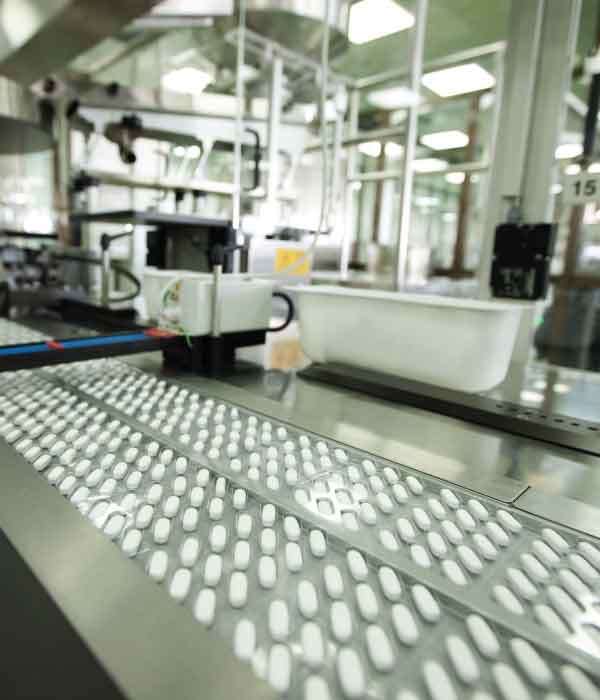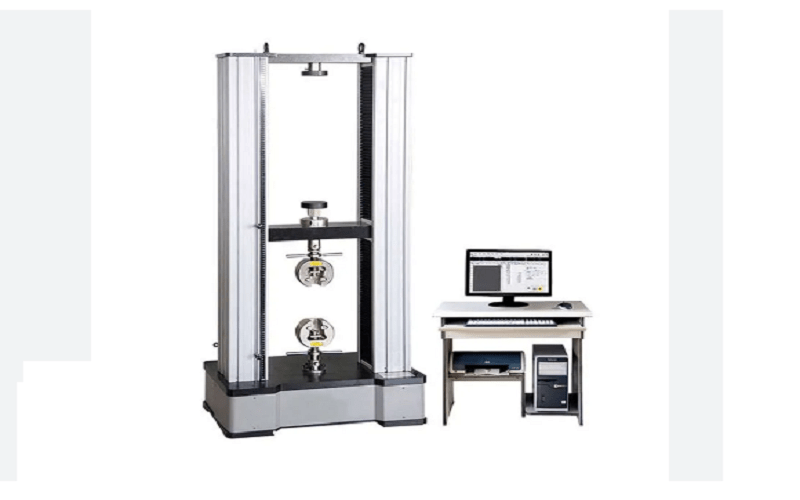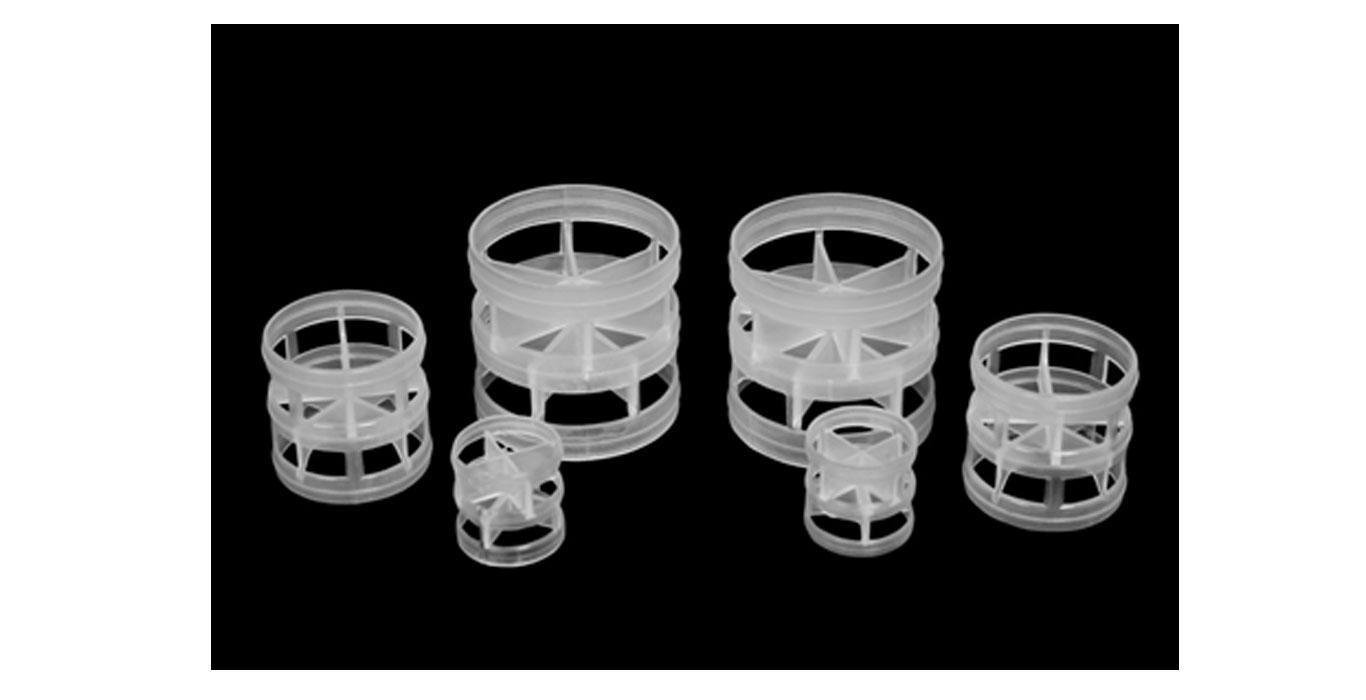In the ever-evolving landscape of healthcare, the role of biopharma manufacturing factories has become increasingly crucial. These state-of-the-art facilities play a pivotal role in the production of biopharmaceuticals, contributing to the development of innovative therapies that have the potential to transform patient outcomes.
Biopharmaceuticals, often referred to as biologics, are medical products derived from living organisms. These include vaccines, gene therapies, monoclonal antibodies, and other complex molecules designed to target specific diseases at the molecular level. Unlike traditional pharmaceuticals, which are chemically synthesized, biopharmaceuticals are produced using living cells and advanced manufacturing processes.
The manufacturing of biopharmaceuticals is a highly intricate and regulated process. Biopharma manufacturing factories are equipped with cutting-edge technology and adhere to stringent quality control measures to ensure the safety and efficacy of the final products. Let’s delve into some key aspects that highlight the significance of these factories in advancing healthcare.
1. Precision and Customization
Biopharma manufacturing involves the cultivation of living cells in bioreactors, where they undergo specific processes to produce therapeutic proteins or other desired molecules. The ability to precisely control these processes allows for the customization of biopharmaceuticals, tailoring them to meet the unique needs of patients. This level of precision is particularly crucial in the development of personalized medicine, where treatments can be designed to target specific genetic or molecular characteristics of individual patients.
2. Innovation and Research
Biopharma manufacturing factories serve as hubs for innovation and research. Scientists and engineers working in these facilities are constantly exploring new technologies and refining existing processes to enhance efficiency and reduce production costs. This commitment to innovation is driving the development of novel therapies, pushing the boundaries of what is possible in the realm of healthcare.
3. Scalability
The scalability of biopharma manufacturing is a key factor in meeting the increasing demand for biopharmaceuticals. These factories are designed to scale up production efficiently, ensuring that life-saving therapies can be produced in sufficient quantities to meet global healthcare needs. The ability to scale production without compromising product quality is a testament to the sophistication of biopharma manufacturing processes.
4. Regulatory Compliance
Biopharmaceutical manufacturing is subject to rigorous regulatory standards to ensure the safety and efficacy of the final products. Biopharma manufacturing factories adhere to guidelines set forth by regulatory authorities such as the U.S. Food and Drug Administration (FDA) and the European Medicines Agency (EMA). Stringent quality control measures are implemented at every stage of the manufacturing process, from raw material sourcing to final product release, to meet these regulatory requirements.
5. Global Impact
Biopharma manufacturing factories have a significant global impact, addressing healthcare challenges on a worldwide scale. The products manufactured in these facilities contribute to the treatment of various diseases, ranging from cancer to rare genetic disorders. As more countries gain access to biopharmaceuticals, the potential to improve global health outcomes becomes increasingly achievable.
Conclusion
Biopharma manufacturing factories play a central role in advancing healthcare through the production of biopharmaceuticals. The precision, innovation, scalability, and regulatory compliance demonstrated by these facilities underscore their importance in the development and distribution of life-saving therapies. As technology continues to evolve, biopharma manufacturing will likely pave the way for groundbreaking advancements in medicine, ushering in a new era of personalized and effective healthcare.










